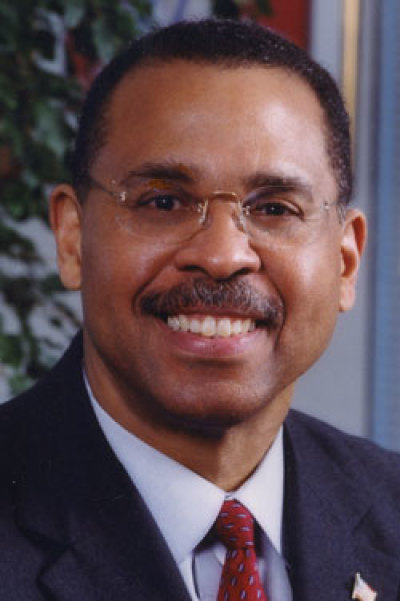Countering OPEC to Achieve an America First Energy Strategy

For decades, conventional wisdom held that the United States would remain reliant on imported oil as domestic reserves were either too limited or too expensive to be accessible. Yet in the early years of this new century, a small group of American innovators tackled the shale formations in our nation's heartland with new technology. The result rewrote the energy rulebook: vast supplies of domestic crude were produced, rural and industrial communities were reinvigorated, and our country's oil imports were halved.
Despite our newly-tapped oil wealth, the energy industry was unconcerned about the possibility of global oversupply. The industry was confident that Saudi Arabia, the global swing producer and de facto leader of the Organization of the Petroleum Exporting Companies (OPEC), would take its usual approach and cut production levels. However, at the November 2014 OPEC meeting, Saudi Arabia and other member states refused to cut production, sending prices plummeting. In June 2014, the price of oil was $110 per barrel. By January 2016, prices had collapsed to $26.
This crash in oil prices has been kind to consumers. Average annual household gasoline spending dropped from $2,655 in 2011 to $2,090 in 2015. That is $565 that can be used to spend on bills, put food on the table, or put away for the future — approximately 20 percent of the average 2015 tax refund. However, the shale industry was decimated. Since January 2015, more than 220 oil companies have gone bankrupt, taking 150,000 jobs with them. Parts of the country that had enjoyed the energy boom were nudged back toward recession.
Furthermore, tremendous uncertainty following this price collapse prevented companies from investing in future production, with $100 billion in upstream spending cut from 2014 to 2016 — paving the way for future supply shortages and price spikes. Although consumers are enjoying low pump prices now, the domestic needs of OPEC nations mean oil prices can rise as well as fall, and become a burden to American families once more.
It is these domestic needs, such as social spending to pacify restive populations, that has caused OPEC to shift its strategy again, creating more market volatility by bringing in Russia and others as part of a production "supercartel." This group's unprecedented influence over the global oil market comes from a combination of cheap crude and concentrated political power within its member states. Their national oil companies control 90 percent of global reserves, but are not free-market, profit-maximizing companies like American oil producers. They serve instead as arms of their respective governments, generating revenues to support regimes who don't share our geopolitical priorities.
Because oil is the lifeblood of the U.S. economy, powering 92 percent of our vehicle fleet with no alternatives available at scale, OPEC's hold over the global oil market jeopardizes our economic sovereignty. Oil is priced and traded globally, so no matter how much oil the U.S. produces, we will remain susceptible to the cartel's actions. To counter our reliance upon this opaque market, we must develop a range of domestic policy responses.
First, we must produce more domestic resources here at home. Second, we must modernize our fuel efficiency standards to get more out of the oil we do consume. Third, we must encourage the adoption of alternative fuel vehicles that run on domestic and diverse energy sources including electricity, natural gas, and hydrogen. Finally, we must examine how OPEC's activities undermine our economic interests and strategic priorities as we maintain the security of global oil supplies.
A bipartisan group of Congressmen is working to address the last recommendation. Kevin Cramer (R-ND), Collin Peterson (D-MN), Trent Franks (R-AZ) and David Scott (D-GA) have introduced H.R. 545, which would create a Congressional commission that investigates OPEC's influence over the global oil market, assesses current American efforts to mitigate the cartel's effects, and proposes a range of answers — diplomatic, legal, trade, regulatory and statutory — to President Trump and Congress.
The time for action is now. The President has prioritized energy security in his America First Energy Plan, stating that his administration wants to, "Become, and stay, totally independent of any need to import energy from the OPEC cartel or any nations hostile to our interests."
With President Trump in office, the opportunity to take on OPEC's disproportionate role in the global oil market has presented itself. If this commission is established soon, it has the potential to set the President's energy agenda for the next four years — and make sure, most importantly, that our country's energy system truly works in our own national interest.



























